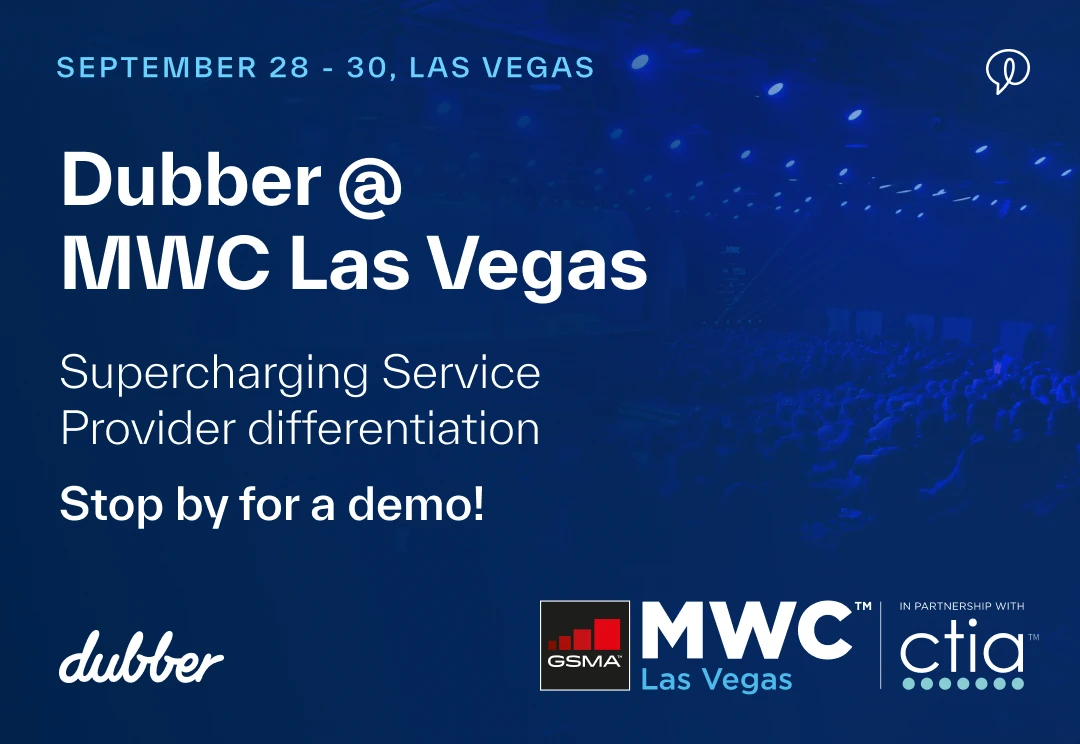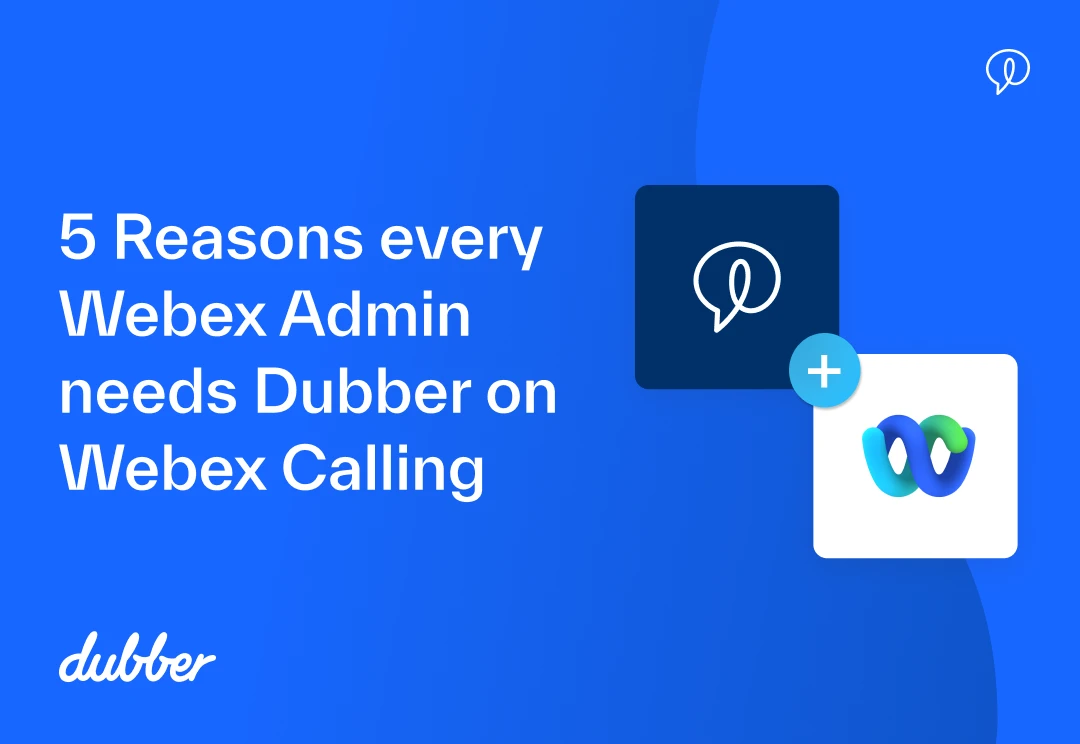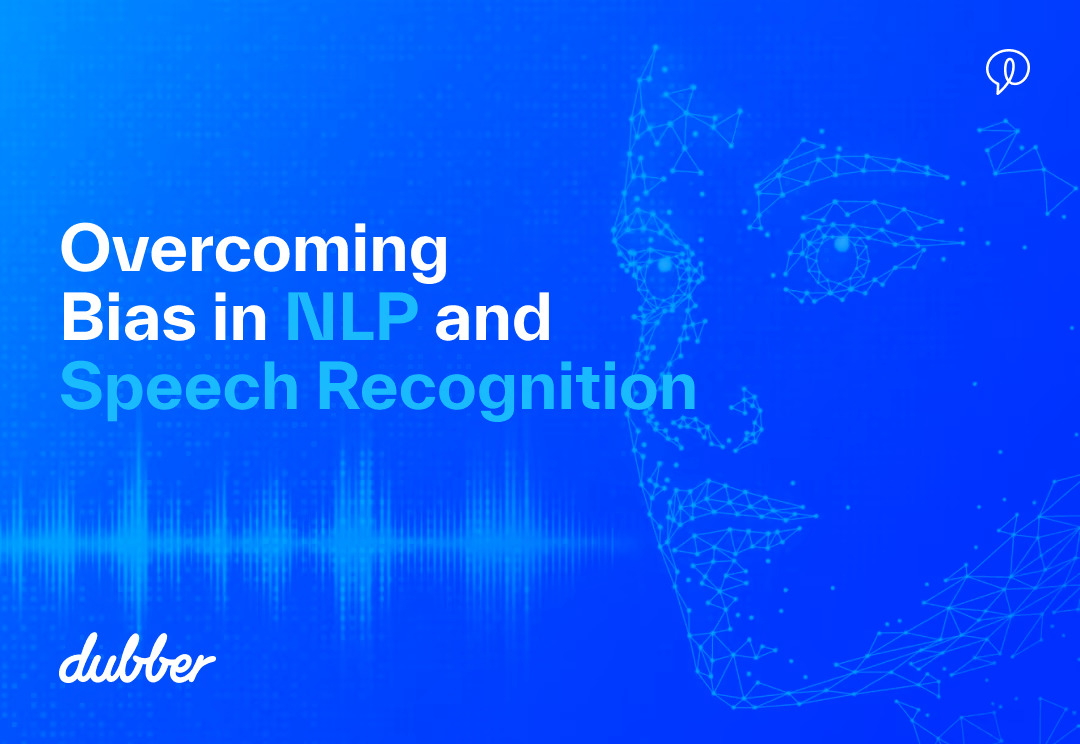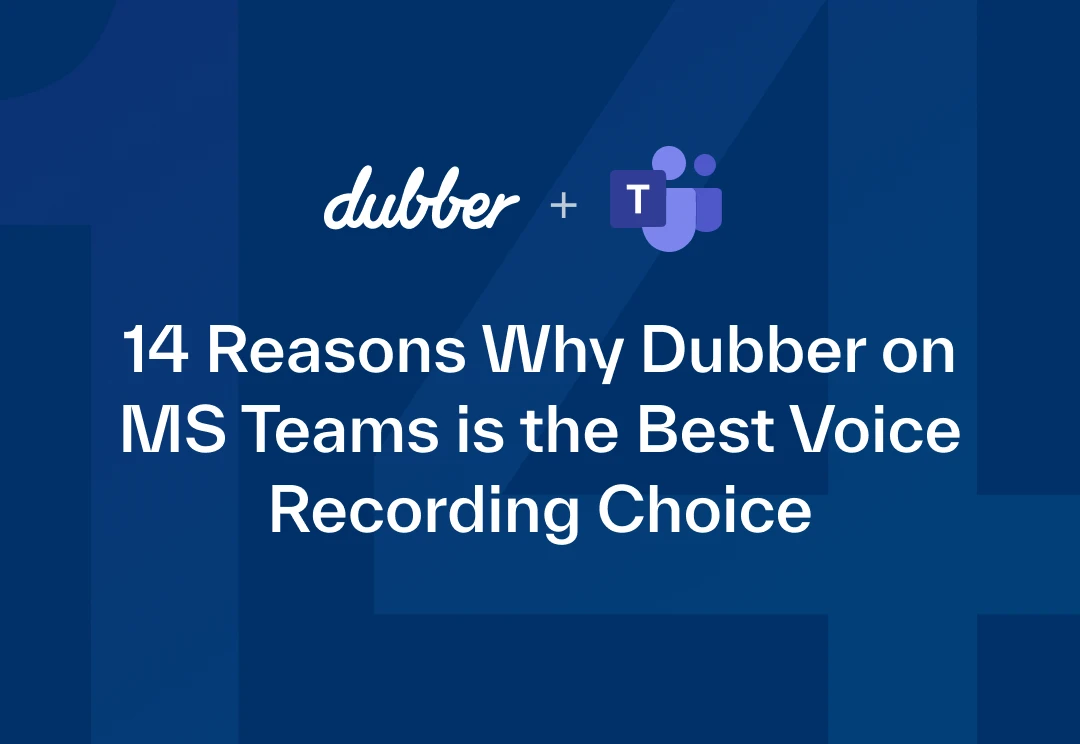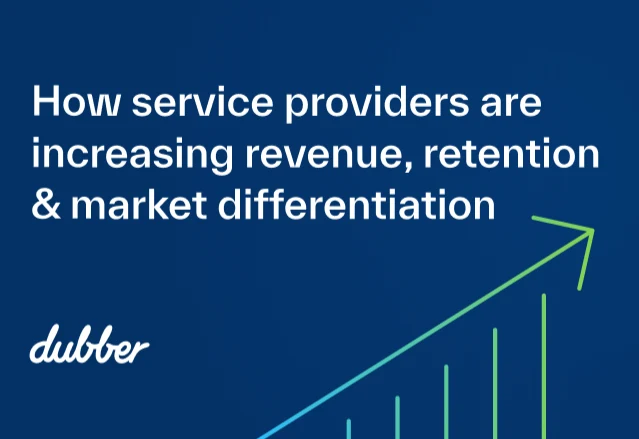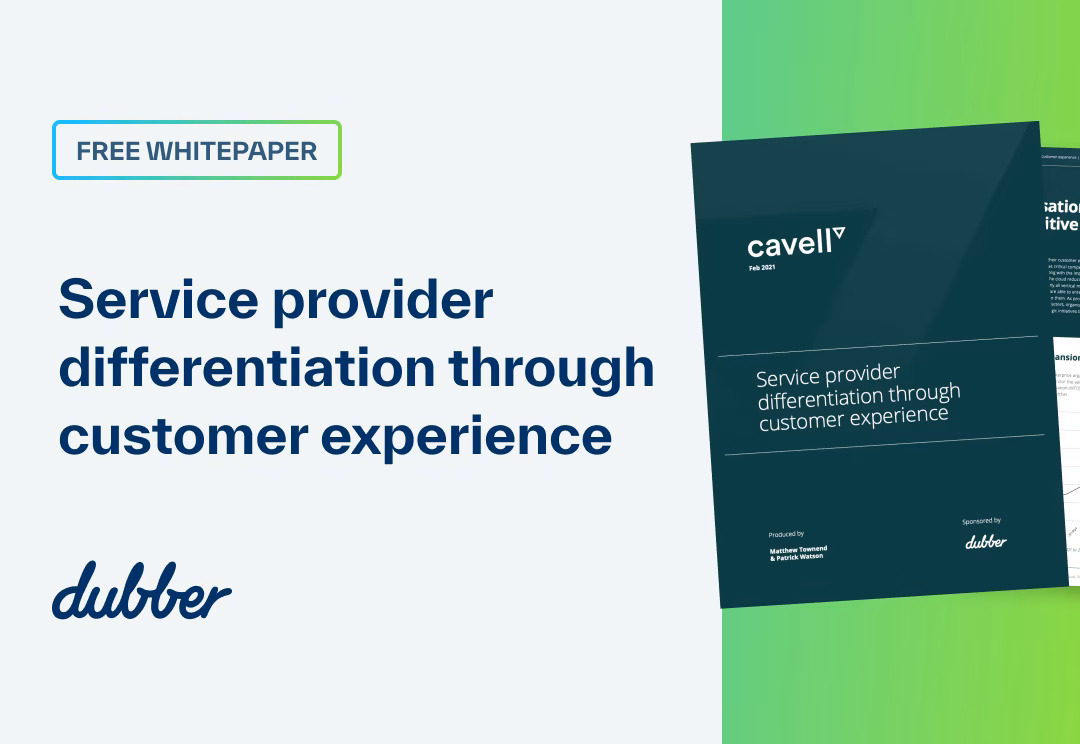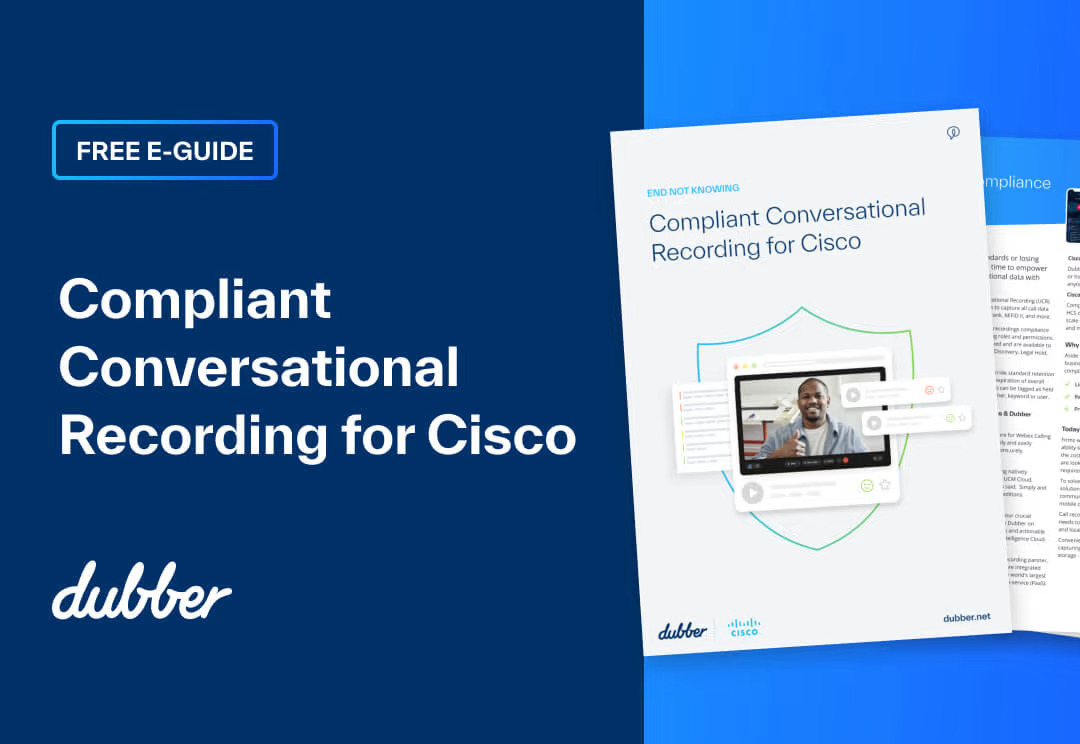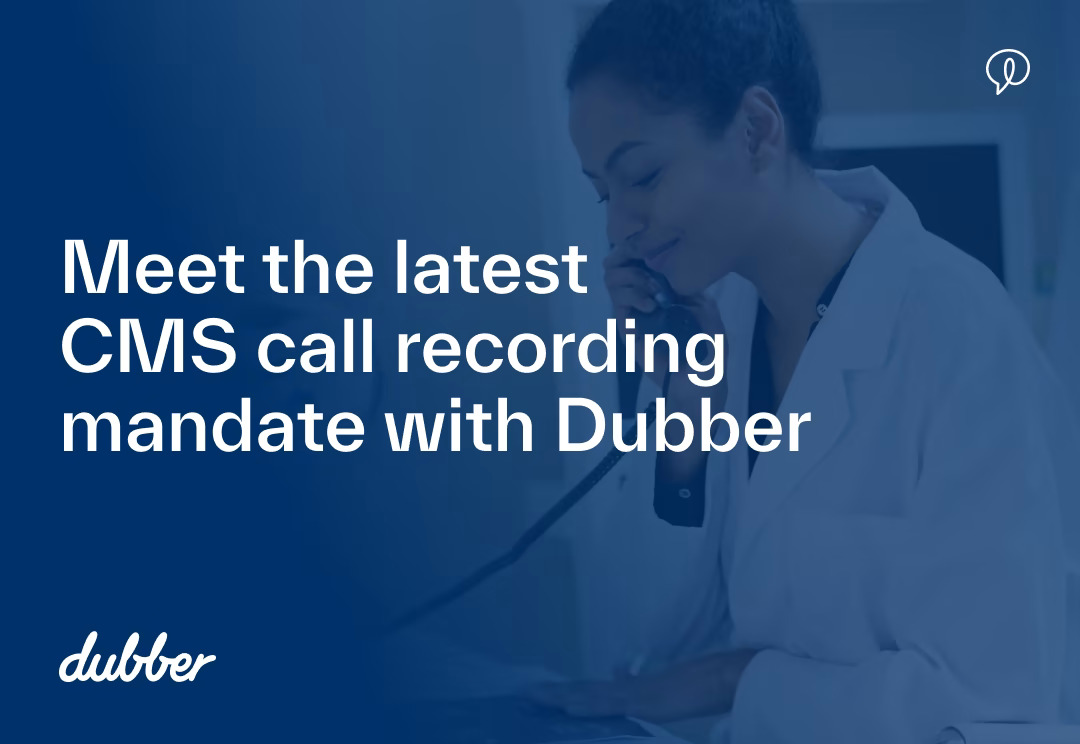
May of 2022, Medicare & Medicaid Services mandated specific compliance and recording changes that go into effect on October 1st 2022. During the enrollment period, Medicare & Medicaid Services will require all supplemental insurance sellers to record and retain all marketing and sales conversations for 10 years.
Under the Affordable Healthcare Act, the Centers for Medicare & Medicaid Services (CMS) ruling progresses its strategic vision of expanding access to affordable health care and improving health equity. The ruling will affect and support the 53 million Americans enrolled in Medicare health or drug plans and their healthcare providers.
“This spring, Centers for Medicare and Medicaid Services (CMS) announced Final Rule CMS-4192-F. Part of this ruling requires Third Party Marketing Organizations (TPMO) (TPMO definition includes organizations and individuals, including, independent agents and brokers) to record all sales and marketing interactions in their entirety, including plan enrollment, with beneficiaries that take place over the phone. This applies to all current and new Medicare Advantage and Medicaid beneficiaries. Agents are also required to maintain these recordings for 10 years. Please note that we’ll be requesting the required call recordings when we perform our sales audits.” – Premera Blue Cross
Among these changes, the ruling notes:
CMS is finalizing changes to marketing and communications requirements that will protect Medicare beneficiaries by ensuring they receive accurate and accessible information about Medicare coverage.
As healthcare agents and insurance brokers are third-party marketing organizations, to retain an accurate record of contact, they are mandated to record all calls with both clients and prospects where Medicare Advantage and Medicare Part D plans are discussed.
With Dubber’s conversational call recording and intelligence platform, healthcare professionals and the healthcare industry are able to meet these new requirements:
- Compliance and regulatory management
Compliantly record, securely store and encrypt all conversational data required by HIPAA, GDPR, PCI DSS, KYC, Dodd-Frank, MiFID II, and more in the Dubber Conversation Intelligence Cloud. - Critical data archiving and record management
Capture, preserve, recover and archive valuable conversational data. Empower comprehensive and continuous compliance control. Enact legal hold. - Rapid investigations and discoverability
Real-time search and reporting. Surface crucial conversations to support rapid investigation and effectively respond to audit requests quickly and accurately. - Integrate
Easily integrate metadata and insights using the Dubber API with compliance management platforms, CRM and big data sets.
With a compliant, cost-effective and secure conversation capture solution, available via a SaaS model, healthcare providers and agents can not only meet the new legal mandate, but they can reduce their risk, monitor processes and patient service, all while eliminating errors in communication. Dubber is deployed immediately to satisfy the voice-based record-keeping needs of operations and patients to meet both the external and internal duty of care standards.
As healthcare agents and insurance brokers are third-party marketing organizations, to retain an accurate record of contact, they are mandated to record all calls with both clients and prospects where Medicare Advantage and Medicare Part D plans are discussed.
With Dubber’s conversational call recording and intelligence platform, healthcare professionals and the healthcare industry are able to meet these new requirements:
- Compliance and regulatory management
Compliantly record, securely store and encrypt all conversational data required by HIPAA, GDPR, PCI DSS, KYC, Dodd-Frank, MiFID II, and more in the Dubber Conversation Intelligence Cloud. - Critical data archiving and record management
Capture, preserve, recover and archive valuable conversational data. Empower comprehensive and continuous compliance control. Enact legal hold. - Rapid investigations and discoverability
Real-time search and reporting. Surface crucial conversations to support rapid investigation and effectively respond to audit requests quickly and accurately. - Integrate
Easily integrate metadata and insights using the Dubber API with compliance management platforms, CRM and big data sets.
With a compliant, cost-effective and secure conversation capture solution, available via a SaaS model, healthcare providers and agents can not only meet the new legal mandate, but they can reduce their risk, monitor processes and patient service, all while eliminating errors in communication. Dubber is deployed immediately to satisfy the voice-based record-keeping needs of operations and patients to meet both the external and internal duty of care standards.
